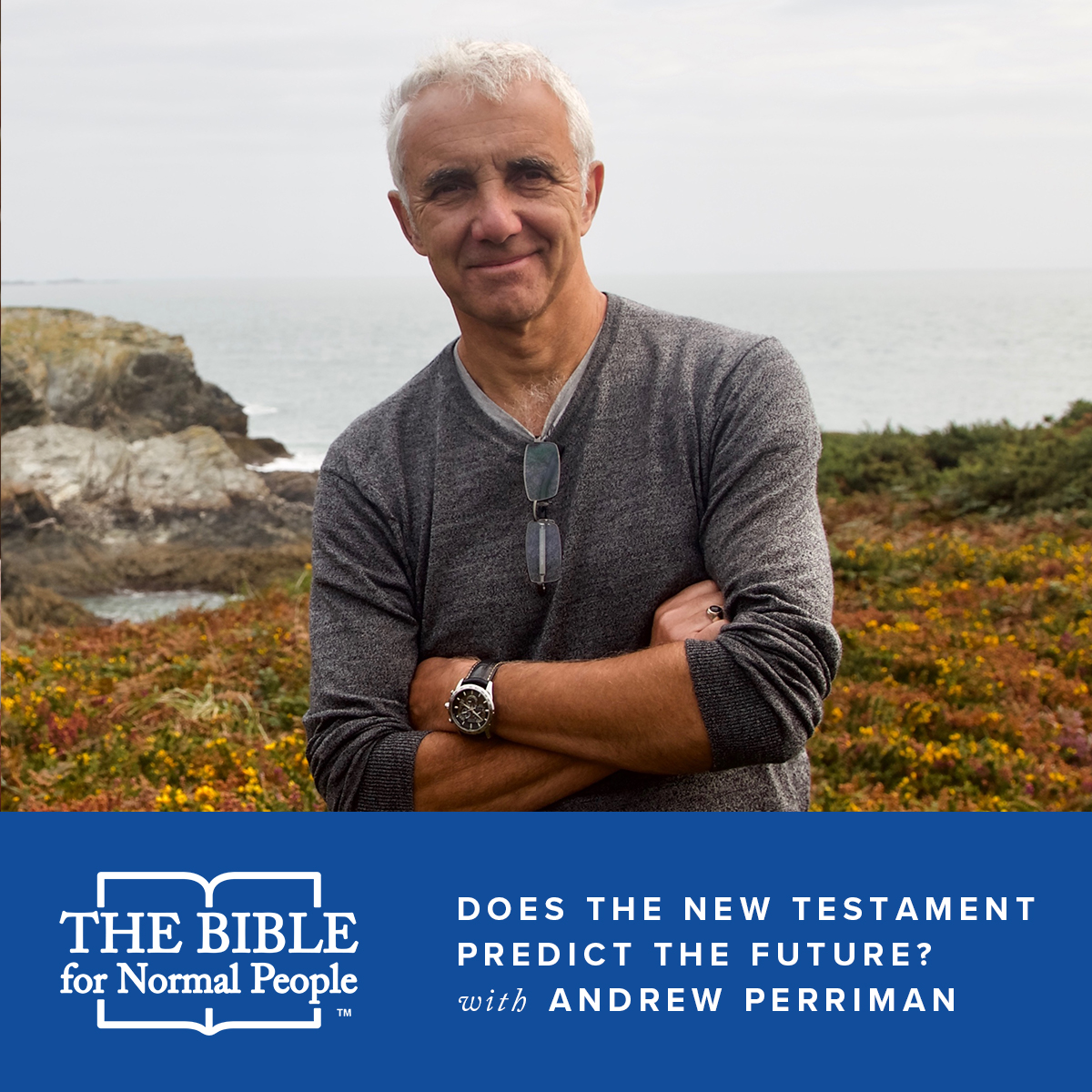In this episode of The Bible for Normal People Podcast, Pete and Jared talk with Andrew Perriman about the eschatology found in the Bible and how history helps us understand these apocalyptic texts as they explore the following questions:
- Is Jesus really coming back?
- What was the reception of Revelation to the original audience?
- Where do we get the idea of the “second coming”?
- How does Jesus use eschatological texts?
- Was eschatology a major concern of the early church?
- Does the eschatology of the Bible apply to us?
- What do we need to be aware of when we read the eschatological texts of the Bible?
- How does the history of early Christians inform how we should read Revelation?
- Why was eschatology threatening in the political environment of the early church?
- What kind of questions about the future was the early church trying to answer?
- What is the importance of the renewal of heaven and earth?
- What is Jesus talking about when he talks about the future?
- How can we find meaning in the eschatological texts of the Bible today?
- What is the New Testament teaching of the future?
- Is there hope of resurrection in the Jewish tradition before Jesus?
Tweetables
Pithy, shareable, less-than-280-character statements from Andrew Perriman you can share.
- “My concern has always been to ask, ‘Well how does this language sound from the perspective of the historical community at the time of writing and at the time of first reception?’” @andrewperriman
- “What sort of issues, what sort of development going on in the real world might that language have applied to?” @andrewperriman
- “We’ve lost the interpretive narrative that made sense of [the second coming of Christ] to the early church and we’re simply no longer in the historical situation where it was felt to be important.” @andrewperriman
- “The apocalyptic details that we get from Jesus or we get from Paul or we get for Revelation had relevance seen from their own historical perspective.” @andrewperriman
- “How do we fashion a new imaginary for the church? How do we imagine a new future? ” @andrewperriman
- “It’s probably only in the modern era [eschatology] has gone somewhat mainstream again and now we’re sort of coming back to it with a very different set of questions because of what we’ve learned from historical criticism.” @andrewperriman
Mentioned in This Episode
- Blog: Andrew Perriman
- Book: The Future of the People of God
- Book: The Coming of the Son of Man
- Book: The Complete Works of Flavius Josephus
- Book: The Books of I & II Maccabees
- Book: Genesis for Normal People
- Support: The Bible for Normal People

